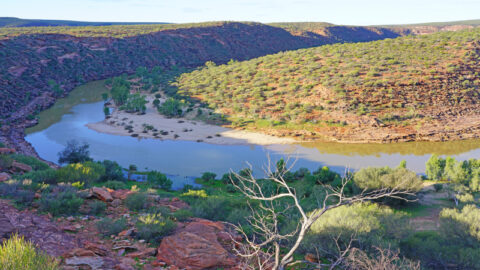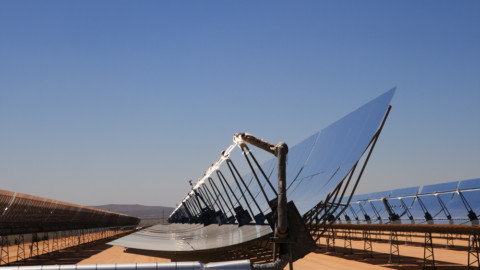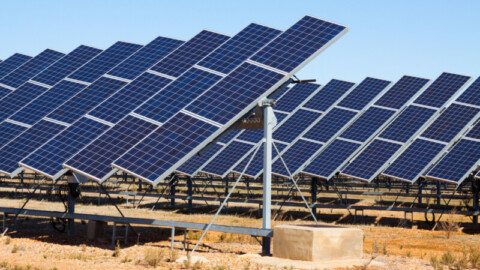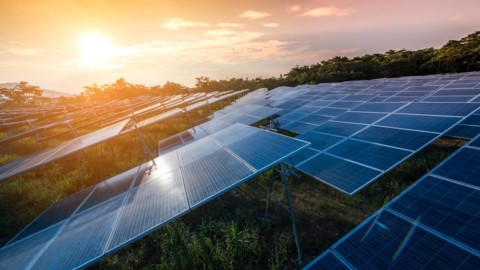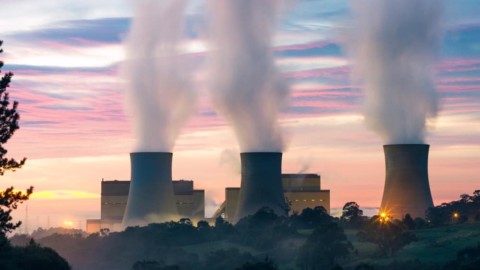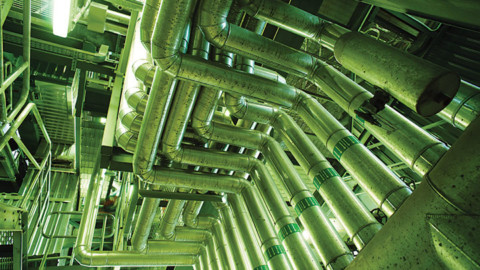The New South Wales Government is set to update the state’s coal royalty rates to see a fairer return for its resources under modern market conditions, supporting the state’s budget by more than $2.7 billion.
The new scheme will see coal royalties increase by 2.6 per cent from 1 July 2024. It will replace the emergency domestic coal cap and reservation measures the previous government introduced in December 2022.
The more than $2.7 billion improvement to the state’s budget position is expected over the four years from 2024 to 2028.
Coal royalties have not increased since January 2009. Since then, international prices have surged, peaking well above $500 per tonne in late 2022 as a result of Russia’s invasion of Ukraine.
International prices have since remained above average, trading consistently above $200 per tonne.
Existing discounts for underground and deep underground mining (deeper than 400m) will continue.
The decision also mitigates a $1.3 billion write-down in royalties revenue in the forthcoming budget.
The State Government will use the funds raised to rebuild the state’s essential services, as well as providing families with cost-of-living relief.
Currently the rates for open cut mining is 8.2 per cent, for underground mining is 7.2 per cent, and for deep underground mining is 6.2 per cent.
Under the new system the rates for open cut mining will be 10.8 per cent, underground mining will be 9.8 per cent, and deep underground mining will be 8.8 per cent.
The new system was developed following extensive consultation with the mining industry as well as New South Wales’s key trading partners. The consultation included:
- Two roundtables, attended by 13 mining companies
- Seven individual meetings between the Treasurer, the Minister for Natural Resources and major mine operators
- 20 written submissions from representatives of the coal sector, including from coal mining companies and coal fired power generators
- Detailed consultation with affected companies on price forecasts, currency assumptions, volume growth and cost curves, after which the Treasurer and the Minister for Finance met with an industry delegation to discuss feedback
- A roundtable with four major power companies, spanning the generation, distribution and retail sectors of the electricity industry
- Two detailed consultations between the New South Wales Treasury and the Consuls-General of Japan and Korea
The announcement is a key element in the government’s long-term plan to balance the need for budget repair, rebuild the state’s essential services and take pressure off New South Wales families and businesses.
New South Wales Treasurer, Daniel Mookhey, said that this is a fair outcome for the people of New South Wales.
“The old system is out of date. The market has moved on. That’s why we are modernising the state’s coal royalties,” Mr Mookhey said.
“The new scheme will make sure the people of New South Wales share in the wealth their resources create.
“I want to thank all of the mining companies, the power companies, and our key trading partners for their extensive engagement with the State Government ahead of the forthcoming budget.”
New South Wales Minister for Finance and Natural Resources, Courtney Houssos, said that coal is an important part of the state’s energy mix and a key contributor to its economy.
“Having embarked on extensive consultations with mining companies, industry groups and our trading partners, we have struck the right balance,” Ms Houssos said.
“These changes will take effect on 1 July 2024 giving the industry time to adjust and upholding the New South Wales Government’s commitment not to consider royalties changes while emergency measures were in place.
“The State Government is committed to ensuring the ongoing stability of the mining sector, while rebuilding essential services for the people of New South Wales.”
New South Wales Minister for Energy, Penny Sharpe, said that the coal price caps were an emergency measure to keep electricity prices under control during a global energy crisis.
“Going forward, it’s important our energy sector has certainty about New South Wales policy settings.”



